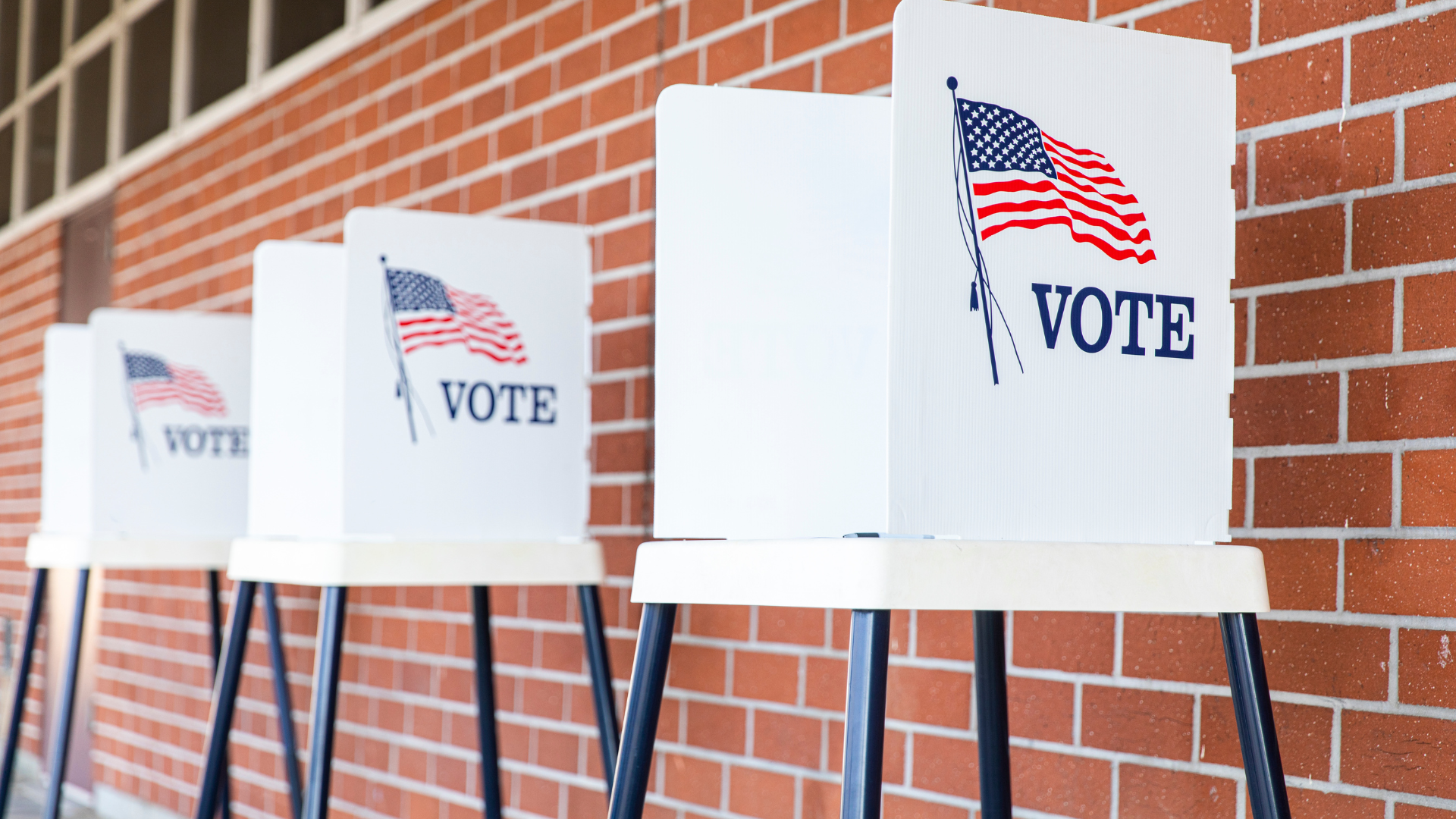Are Unaffiliated Voters Disenfranchised in Utah?

What Elections Matter in Utah?
Utah, like many states, faces a fundamental question about the inclusivity of its electoral process: Are unaffiliated voters disenfranchised? The answer lies in the nuances of Utah’s primary election system, where decisions made in June often dictate the trajectory of our political landscape.
It’s true that unaffiliated voters can participate in the general election, but when it comes to crucial decisions made during the primary season, their voices are often sidelined. In Utah, where 81% of election winners are chosen in Republican primaries, this exclusion is particularly glaring.
The current primary system in Utah is predominantly closed and partisan. To vote in the Republican primary, where a significant majority of winners are determined, one must be a registered Republican. This closed process severely limits participation, effectively ensuring that a large percentage of the population does not get to have a meaningful vote in November.
Similarly, while registered Democrats automatically receive a Democrat primary ballot, unaffiliated voters are left in a semi-closed system. They can request a Democrat ballot without formally affiliating with the party. However, this system still excludes unaffiliated voters from participating in state-level and federal office races, limiting their influence on critical decisions.
Consider The Numbers
Out of 1,966,276 registered voters in Utah, a staggering 575,744 are unaffiliated. When combined with those registered outside of the Republican party, nearly 1,000,000 voters find themselves excluded from elections that determine the vast majority of winners.
The Solution
One promising approach is the implementation of a top-two open primary system. This system allows all candidates to appear on a single primary ballot, regardless of party affiliation. Furthermore, it enables all voters, including unaffiliated voters, to vote for the candidate of their choice in the primary elections held in June.
By adopting a top-two open primary system, Utah can significantly enhance the inclusivity of its electoral process. It would ensure that all voters have a say in selecting candidates for state-level and federal offices, regardless of their party affiliation. This approach aligns with the principles of fairness, representation, and democracy that are central to our political system.
In a state where about 50% of voters are unaffiliated or registered outside of the Republican party, it’s imperative to address the disparities in our primary election system. Every eligible voter deserves the opportunity to participate fully in the democratic process, and implementing a top-two open primary system would be a significant step towards achieving this goal.
As we navigate the complexities of our electoral system, our goal is to support reforms that promote inclusivity, representation, and fairness for all Utahns. The voices of unaffiliated voters matter, and it’s time to ensure that they are heard loud and clear in Utah’s political arena.